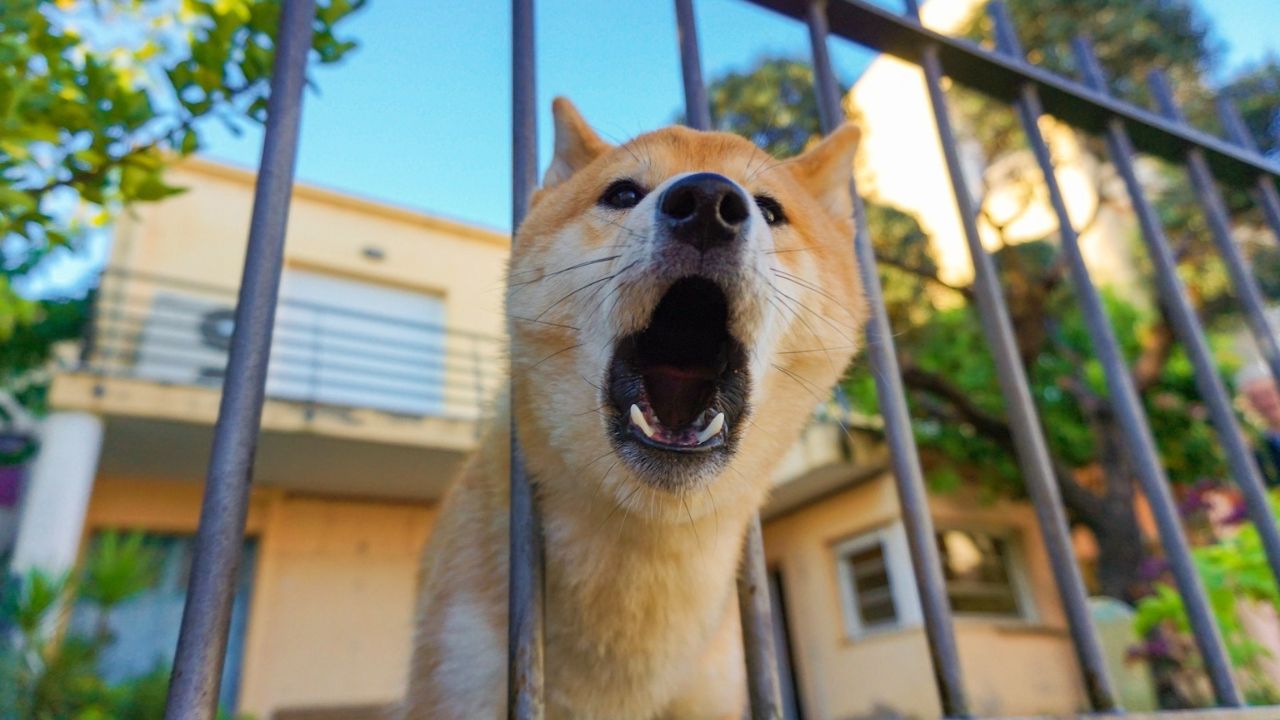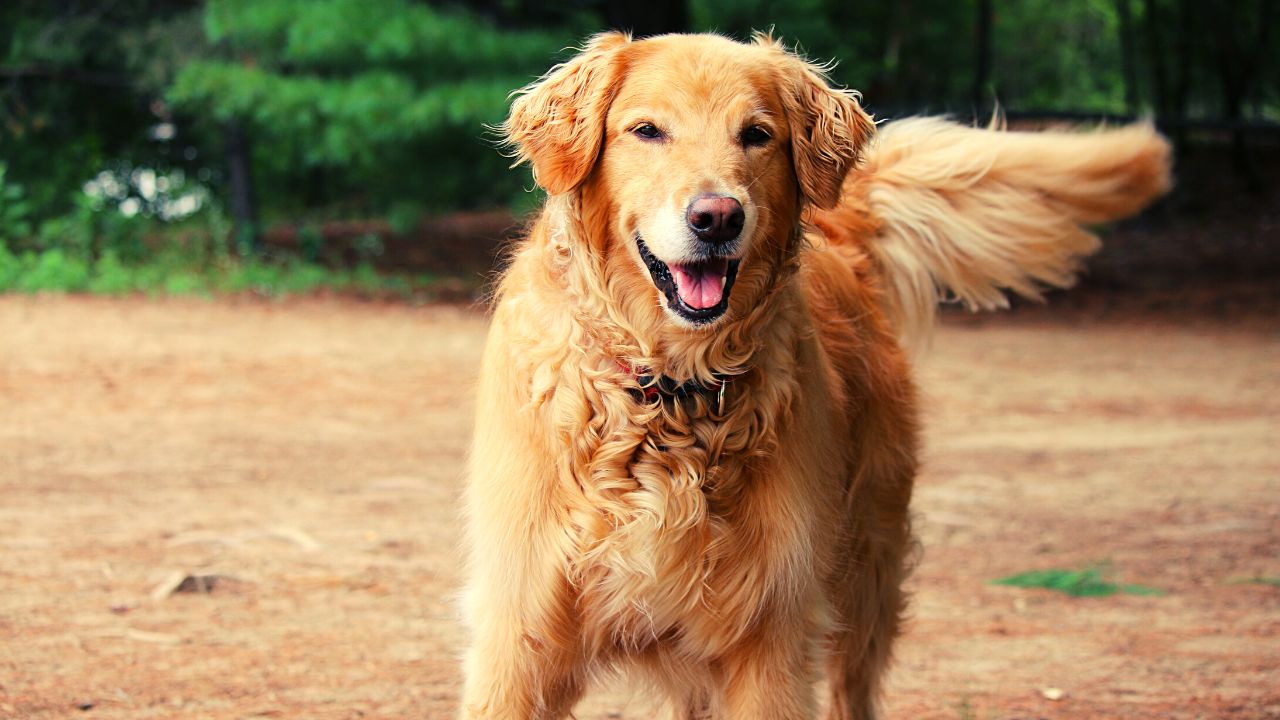
Table of Contents
A dog barks! There is no ignoring the reality that most dogs’ natural reaction is to bark.
Some typical pet dog breeds bark loudly, such as Rottweilers, Golden Retrievers, German shepherds, Siberian huskies, and beagles.
However, a dog’s barking can occasionally become annoying and problematic. Owners frequently use short-term solutions to stop a dog from barking while trying to address habits.
Examples include yelling, encouraging bad behaviours, or applying discipline inconsistently.
Dogs bark to communicate with one another and their owners, but sometimes barking can become excessive and freaking annoying! A family’s nerves may get frayed by constant barking, and the neighbourhood may dial complaint hotlines.
What’s Behind the Barking?
There can be numerous reasons for a dog to bark excessively.
- To communicate: Dogs can sometimes bark to attract people’s attention.
- To protect their territory: Dogs secure their area from humans, other dogs, and animals. Your place is a part of that territory, but it may also extend to areas where the dog has spent much time.
- Out of annoyance: Barking can be a sign of frustration with a situation, such as being restricted or unable to find an owner or playmate.
- Because they’re anxious: Being alone with its owner can make a dog nervous.
- To say hello: A dog can greet people or other dogs with a welcoming bark.
Tips to stop your dog from barking excessively
- Use Stop Barking Products: There are many stop-barking products on the market. The most well-known of these are dog bark collars, which, when activated by a pet dog barking, produce an electric shock, a loud screech, or a stinging spray of citronella. Other tools include muzzles that keep the dog’s mouth closed and ultrasonic emitters that are put in a room and activated by barking.
Dog Training Collar

with Remote Control
- Works even 1000 feet away
- Rechargeable and Waterproof Electric Collar
- Provide Sufficient Exercise: Dogs that don’t have enough mental and physical stimulation may start repeatedly barking to pass the time. This barking can be significantly reduced by giving your dog lots of exercise and activities to engage in during the day.
- Take your dog for long walks (or longer ones if you regularly take your dog for walks), and allow the dog time to explore and interact with his surroundings so that he receives both physical and mental stimulation. Give your dog a food-stuffed or puzzle-type toy to play with when you can’t be there to give him something to do besides bark.
- Reduce their Fear and anxiety: When a dog is anxious, nervous, or stressed out, it may bark to let you know that they want the scary or stressful thing or situation to end. The solution to this issue is to teach the dog that whatever he is afraid of is not a danger.
- Keep your dog active: A pooped dog is less likely to respond poorly by barking. Walk your dog regularly or participate in games like Frisbee or fetch.
- Teach the “Quiet” Command: Allowing three or four barks before saying “quiet” in a calm, clear voice can teach your dog to respond to the word when you tell the dog to be quiet; try holding his muzzle gently, tossing a noisy toy to get his attention, or misting him with water to stop him from barking.
- In this instance, a manually operated bark collar could be a deterrent. Your dog will probably learn that being quiet implies he should stop barking.
- Change his routine: If you make simple adjustments, your dog may quit barking compulsively or out of boredom. Bring the dog inside, put him in a crate, and ask him to stop barking if he’s being kept in the backyard.
- Don’t React to Barking Dogs: Many dogs will bark to get your attention, to be fed, to have a door opened, or to be let out of a box. Don’t answer. Once your dog is calm, give them what they want. Furthermore, praise your dog when he lies quietly, highlighting the desired behaviour.
- Don’t reward barking: Avoid unintentionally reinforcing your barking through your actions. Don’t reward the dog for barking by giving him a goodie. Once the dog has maintained its composure, treat it. Don’t ask, “Who’s there?” to encourage barking in response to outside noises.
When your dog barks at other dogs
Have a dog buddy stand out of the way or far enough away so your dog won’t bark at the other dog.
- Start giving your dog treats as soon as your friend and their dog enter the frame.
- Several times, repeat the procedure.
- Avoid moving too quickly; it may take your dog days or even weeks for him to stop barking at the other dog to concentrate on you and the treats.
- If you have trouble getting your dog to stop barking around people or other dogs, look for a dog trainer who uses positive reinforcement.
What to do when your dog barks at a passersby
If your dog begins to bark at people or animals passing by the living room window, close the curtains or move them to another room.
When dogs bark to go outside, what do I do?
Teach your dog to ring a bell at the door instead of barking when it’s time to go outside. Bring them to the bell, and when they touch it to begin, reward them with a treat. Make them ring the bell gradually before they leave the room to use the restroom.
How long will it take to train my dog to stop barking?
It depends on the dog and the training methods used. Consistent training and positive reinforcement can help your dog learn to stop barking faster.
Is it okay for my dog to bark occasionally?
Yes, occasional barking is normal. It’s excessive barking that can be a problem.
Can I use punishment to stop my dog from barking?
Punishment can far worsen the barking and damage the bond between you and your dog.
Conclusion
Barking is a natural behaviour for dogs, but excessive barking can be problematic. Training your dog is the most effective way to stop excessive barking, and using positive reinforcement can help you achieve better results. Remember to provide your dog with enough exercise and mental stimulation and create a distraction to keep them occupied. Desensitizing your dog to stimuli that trigger barking can also be helpful. And if all else fails, a bark collar can be used as a last resort. You can train your dog to stop barking and create a peaceful home environment with patience, consistency, and love.






